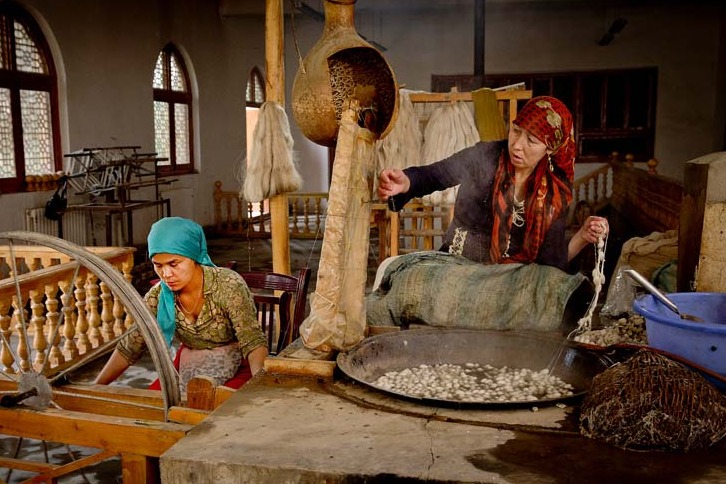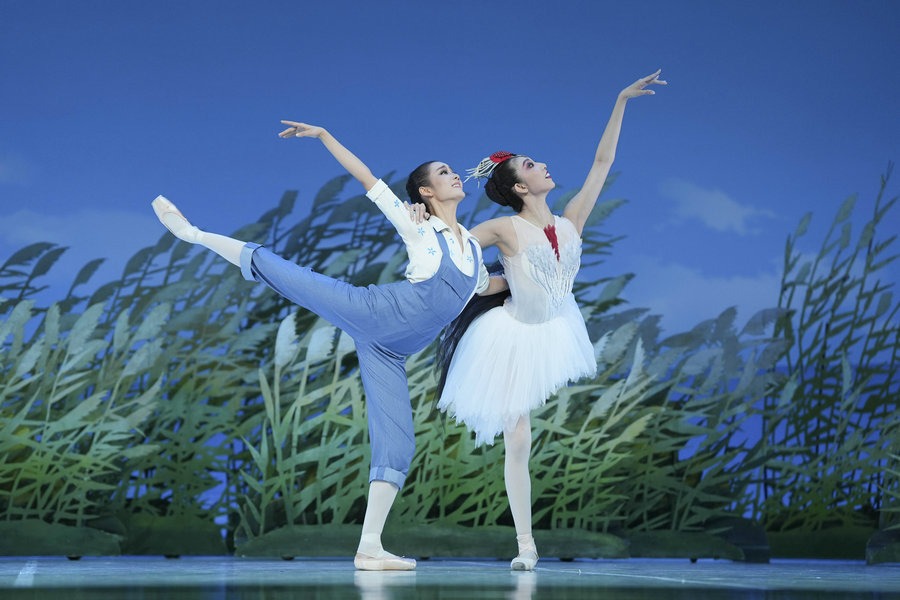Russian production plays on emotions
On tour across China, director brings contemporary version of acclaimed stage story to tug at the hearts of theatergoers, Chen Nan reports.


Over time, the Moscow Art Theatre became synonymous with Chekhov's works. It was this theater that took Chekhov's plays beyond Russia, spreading them internationally and cementing them as integral parts of the world theater. The Seagull, in particular, was staged and restaged many times, always offering new interpretations while maintaining its core message: the complexity of human relationships and the frustrations of personal and artistic aspirations, says Khabenskiy.
Khabenskiy, also an acclaimed actor and director, brings fresh energy to Chekhov's classic, maintaining focus on psychological depth while ensuring that the play resonates with contemporary audiences. His direction maintains the original naturalism of the Moscow Art Theatre's early productions, while also incorporating modern sensibilities and emotional intensity.
"In this version, we want to strike a chord with today's audience, particularly youth's selfishness and obsession. We highlight the characters' urgent, almost reckless desire to be heard — a craving for love and recognition that cannot wait," he says.
This "modern anxiety", as Khabenskiy calls it, reflects a "fear of delayed gratification", a pressure to fulfill desires immediately, "to love and be loved without waiting for tomorrow". The director draws a parallel with the modern world, where communication is often fragmented.
"Despite being in conversation, people seem unable to truly listen to or see each other. This disconnection is deeply embedded in the characters' struggles in this interpretation of the play," he notes.
Khabenskiy also shifts the lens of Chekhov's work, emphasizing that the true protagonists of this version of The Seagull are the female characters. According to Khabenskiy, it is the women's love, attention, and obsessive desire that shape the men in their lives, which drives the tragedy.
"Their efforts propel the ambitions of others but ultimately lead to painful falls from grace. These women, often ignored or hurt, are not merely passive victims; they are catalysts for the characters' fates," he says.





































